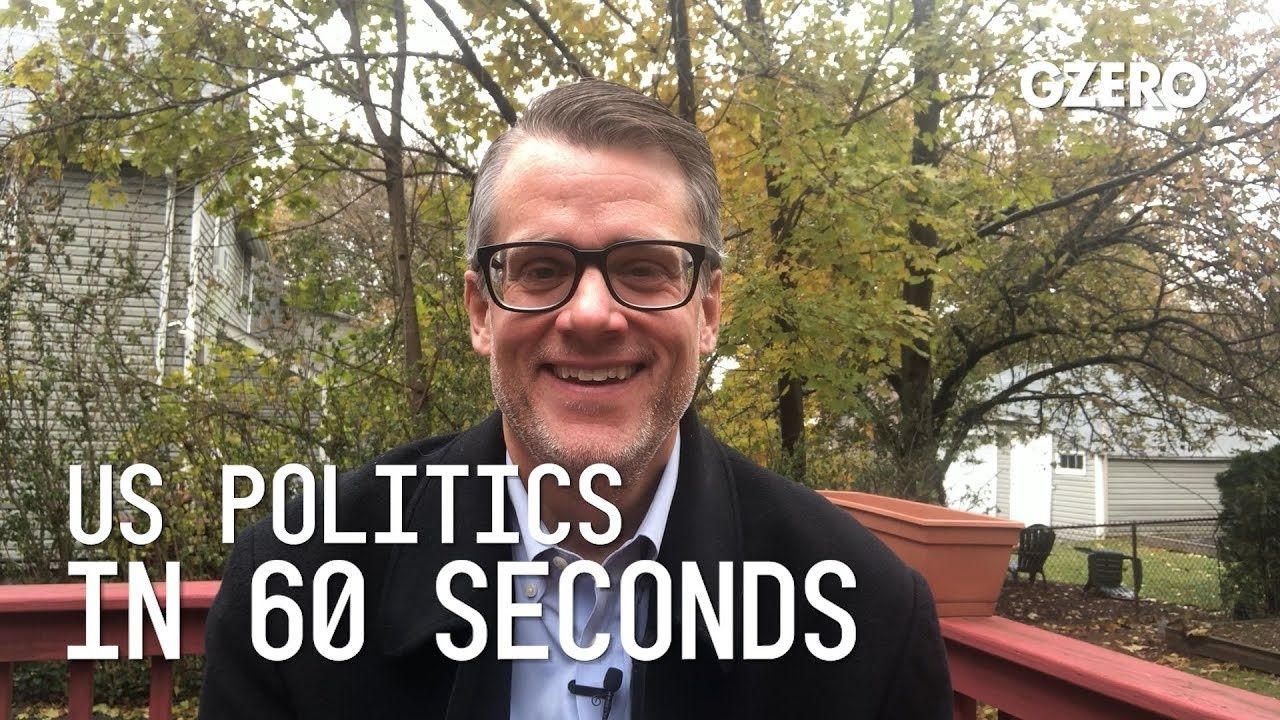
Why is President Obama warning Democrats about nominating a candidate who is too progressive?
Well, he's something of a moderate himself. And he's worried that if Democrats nominate a super progressive candidate, particularly on issues like health care, they will lose moderate voters, suburban voters, swing district voters, and hence the key states they need to win to beat Trump. So that's why he's warning.
What do the results of the Kentucky and Louisiana governor's races tell us about 2020?
Well, they tell us that Trump has really no coattails at all. And the Republicans are in trouble in those suburban areas. And that's a big issue for them heading into 2020.
Were there any smoking guns in the first week of impeachment testimony?
Well, I wouldn't say smoking guns, but there was lots of compelling testimony from Bill Taylor, Marie Ivanovic, all documenting a quid pro quo between aid to Ukraine and an investigation of Joe Biden. I think that's why you see polls moving slowly in favor of impeachment of Trump.